
views
New Delhi: "Judicial functions can't be made hostage to consequences," former Attorney General Soli Sorabjee had told the Supreme Court in September 2010 when a go-ahead was given to the Allahabad High Court for delivering its verdict on the Ayodhya title dispute.
More than eight years after it paved the way for a judicial decision in the matter since attempts at mediation had failed, the Supreme Court is set to deliver on Friday its order on trying out mediation yet again for resolving the Ram Janmabhoomi-Babri Masjid land dispute.
In September 2010, various attempts were made to defer a decision by the High Court on the ground of attempting mediation, but all ended being rejected.
The Supreme Court was informed then that the High Court is contemplating mediation and has given time till September 23 for the parties to arrive at a settlement.
A retired bureaucrat, Ramesh Chandra Tripathi, had moved a plea seeking mediation, but his petition was rejected by a three-judge bench of the Allahabad High Court by 2:1 majority.
The High Court had on September 17, 2010 also imposed a penalty of Rs 50,000 on Tripathi, terming his plea as a "mischievous attempt" to create obstructions in the final disposal of the matter.
Tripathi's appeal in the Supreme Court, at first, dramatically prompted even the top court on September 23, 2010, to put brakes on the judgment by the High Court a day before it was supposed to be delivered.
The Union government's views were sought for and Attorney General GE Vahanvati showed up before the apex court to say that the Centre would welcome a settlement but did not want uncertainty.
“We would like a resolution of the matter in one way or the other. We cannot keep the law and order machinery in sustained animation," Vahanvati had said.
The AG said, "My position is very clear. I am of the view for implementation of the decision of the suit. This is what we have to do as per the mandate of 1994. We would like a resolution of the matter in one way or the other. We cannot keep the law and order machinery in sustained animation."
Appearing for Tripathi in the Supreme Court, senior lawyer Mukul Rohatgi had argued that the dispute was an emotional issue and the court and the government should take some innovative and proactive approach to evolve a mediated settlement.
Then, Sunni Waqf Board and Ram Lalla Virajman resisted all attempts to delay the judgment by the High Court while Nirmohi Akhara, even at that point in time, agreed for mediation.
Senior advocate Ravi Shankar Prasad, appearing for Ram Lalla Virajman, had then contended that pronouncement of the verdict may lead to adverse consequences is an unacceptable argument in law.
Prasad was supported by Sorabjee: "Judicial function cannot be made hostage to consequences...we are 100 percent for the settlement, but also hundred per cent against the plea the judgement be deferred."
The Supreme Court then dismissed the plea for postponing the verdict in title suit case.
"Having considered in detail the arguments of the parties, we are of the view that the SLP (special leave petition) has to be dismissed. Accordingly, the SLP stands dismissed," said the apex court's three-judge bench headed by Chief Justice SH Kapadia in a brief order.
And thus, a day later the Allahabad High Court delivered its order.












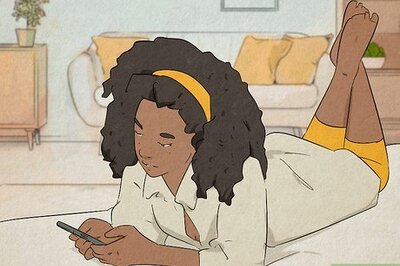
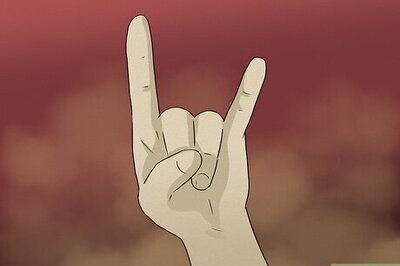
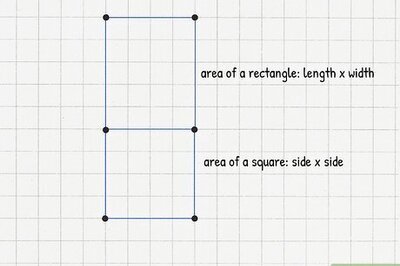
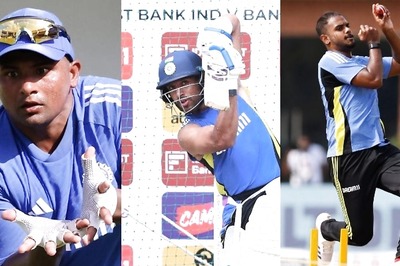
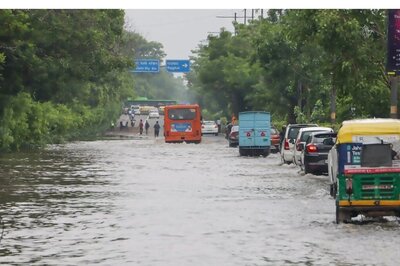


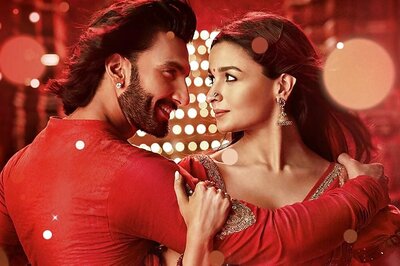
Comments
0 comment